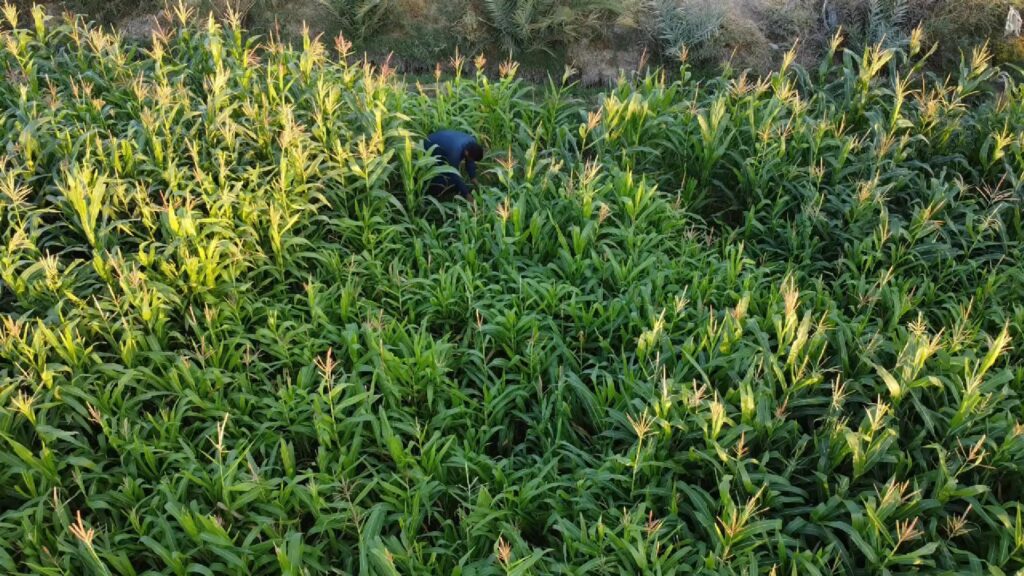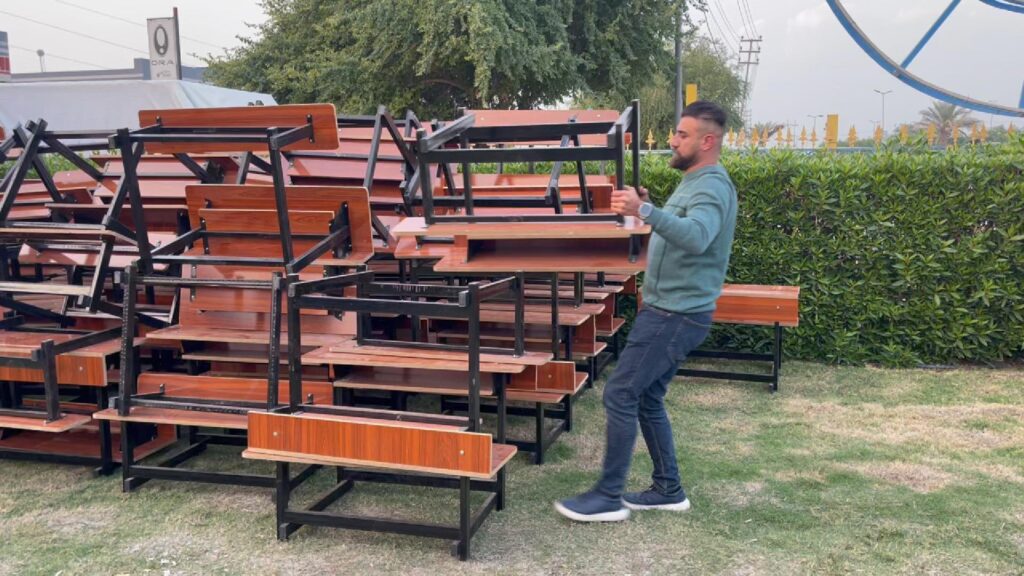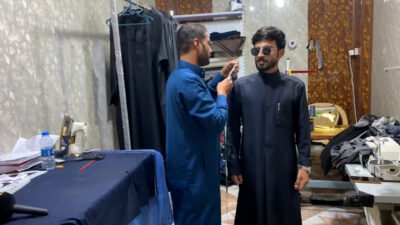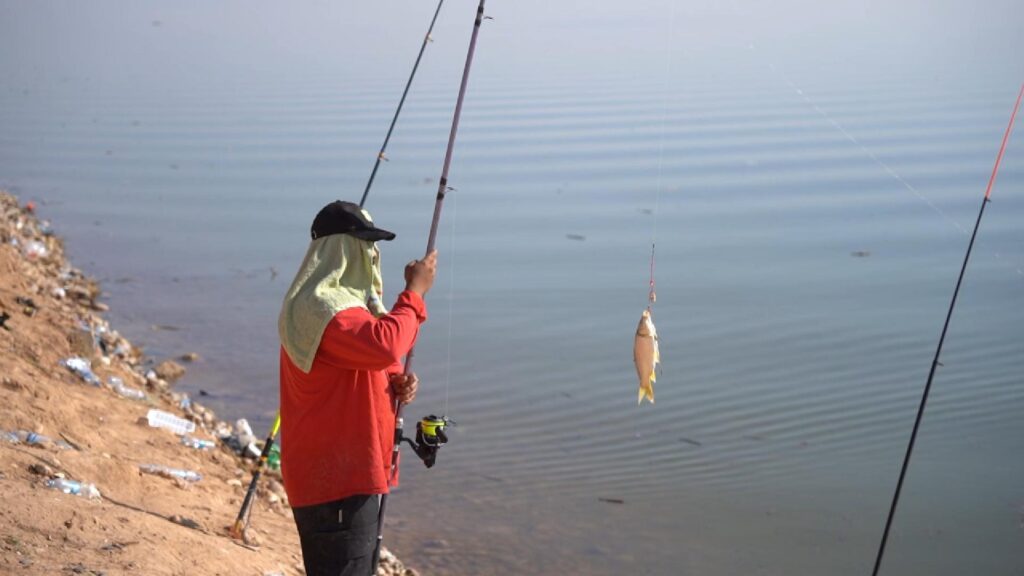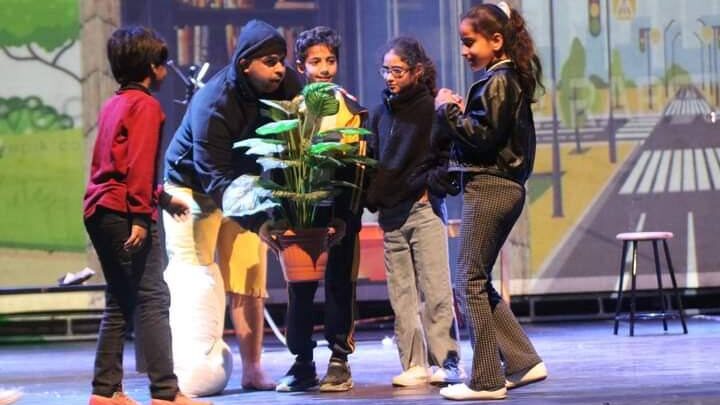A Stranger in Your Own City by Ghaith Abdul-Ahad review – inside Iraq’s two decades of war

A Stranger in Your Own City by Ghaith Abdul-Ahad review – inside Iraq’s two decades of war
after newsletter promotion
Interviews shed light on the personal motivations of ordinary Iraqis who participated in sectarian terrorism. Abdul-Ahad talks to an assortment of Sunni and Shia militiamen, young jihadis who “spoke about death with a glimmer in their eyes. Not with fear but anticipation, maybe yearning”. The picture that emerges is of a conflict driven as much by cynical commercial opportunism as religious conviction. A Sunni arms dealer tells him he bulk-buys AK-47 bullets from a corrupt US officer, with financial help from benefactors in Gulf countries: “It has become a business; they give you money to kill Shia, we take their houses and sell their cars … The Shia are doing the same.” A Shia militiaman in Sadr City corroborates this: “We ask the families … for ransom money, and after they pay the ransom, we kill them anyway.”
The book is a bracing read, punctuated by accounts of violence, torture and extortion. In one heart-rending passage, a mother in Baghdad relates that four of her five sons were murdered by religious extremists, and the fifth was detained by corrupt police officers: “They would call us from the prison … they said your son is being tortured, he will die if you don’t pay, and we paid and paid. What can I do? He is the last I have.” In the background, the devastation of the urban environment is vividly recorded: war-torn Ramadi smelled like “a mixture of charred concrete, putrefied garbage and gunpowder”; the streets of Mosul’s Old City “resembled concrete dough kneaded by giant fingers.”
Next month marks the 20th anniversary of George W Bush and Tony Blair’s criminally reckless invasion. As Abdul-Ahad notes, it was misconceived from the outset: “No amount of planning could have turned an illegal occupation into a liberation.” Though Saddam’s regime had “fossilised social, artistic and economic development” in Iraq, the bloodbath that followed its toppling has “permanently crippled democracy in the Middle East”. Moreover, Abdul-Ahad believes the very idea of Iraqi nationhood – embodied in the Arabic word watan – has been eroded. “When the state failed to protect or provide for its citizens,” he observes, “the ‘tribe’, ‘family’ and ‘sect’ emerged as alternative power structures.” This is poignantly borne out in a remark by one interviewee, a teacher called Ustad Ali: “The worst thing … is that the student defines himself only by his sectarian identity, he is a Shia from Sadr City or from Bayaa. There is no watan, no nation, any more.”


